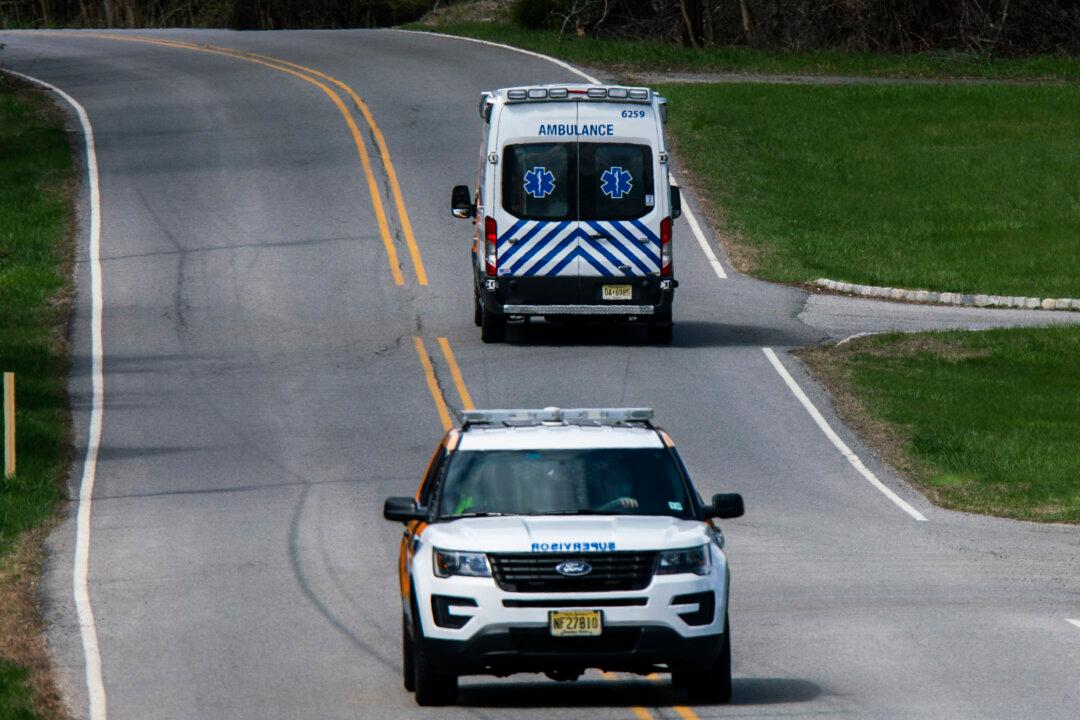New Jersey acting Attorney General Andrew Bruck on Tuesday issued a directive that restricts the use of “no-knock” warrants by police.
Citing “dire consequences” for the safety of both law enforcement officers and residents, Bruck said his directive (pdf) seeks to further regulate the “already-rare application” of no-knock warrants in New Jersey, and establish approval and reporting requirements for instances when they are used.





